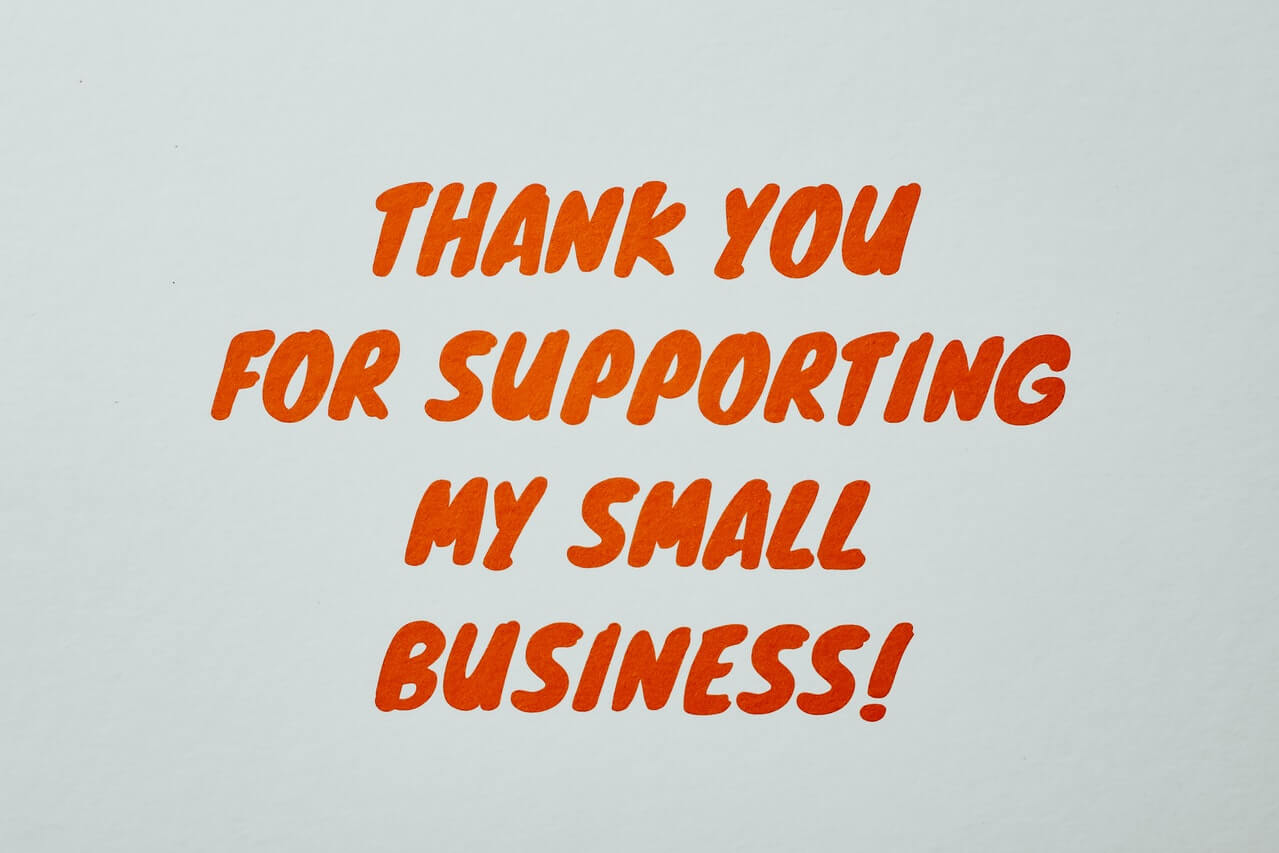When I was young, there was a rule about thank-you notes. If I got $5 from a distant aunt, I wasn’t allowed to spend it until after I had written and mailed her a thank you note. When you were young, you probably had a rule at your house that was similar.
It’s a great rule for fundraising professionals too, yet we often do a lousy job of it online.
After you’ve struggled to improve your online donation process [See: Audit Your Own Website (Part 1) & Audit Your Own Website (Part 2)] you need to appreciate that a first-time online donor is on a trial relationship with you. The way you communicate with that donor sets the stage for whether you will broaden and deepen that relationship, or whether it will be a “drive-by” donation.
Thank-you Page: Immediately after the gift is processed, the donor should see a page that promptly proclaims “Thank you for your gift!” If you are able to access the information on the gift when you display this page, thank them by name, e.g. “Hank Lewis, Thank you for your gift!”
Then, immediately, invite them to take more action.
• Invite them to watch a video on your website showing how their gift is being put to good use.
• Give them a button they can click to proclaim to their FaceBook friends that “I support [Your Organization here].”
• Invite them to complete a short survey, so they can express their interest in your mutual cause (open-ended survey questions are great because you can learn more about the vocabulary that the donor uses – this is great for follow-up appeal copywriting)
Thank-you Email: Most donation processing systems send an email immediately after the gift is completed (though one out of six organizations to whom we gave recently sent us nothing). Make sure this is a welcoming email. As my colleague, Heather Fignar, puts it: “This should not be a receipt, but a receptionist.” She means that the email should be welcoming and gracious, not merely a recitation of the details of the gift. Again, offer them options for learning more about your organization and proclaiming their shared passion for your cause.
If your donation process merely spits out a receipt, and you can’t change it, then you need to regularly import your new donors into your email system and send them the email message you want to send them. Two email messages are better than one.
Thank-you Letter: It is common, but not required, to send online donors a printed thank-you letter in the mail. This is a great way to introduce them to the direct mail appeal cycle. Here are some important things to consider:
• This does not replace the need for an immediate online thank-you page and email.
• Get them into your direct mail system quickly – within four weeks – or you will lose the connection you established with the gift
• Some people will not want a mail relationship with you. Honor that. Make it easy for them to opt out. It will not only save you money on wasted mail costs, but it might help maintain the relationship with the new donor.
Questions about the online giving thank-you process? Or about how to improve your results? Ask Me.
=-=-=-=-=-=-=-=-=-=-=-=-=-=
Rick Christ has been helping nonprofit organizations use the internet for fundraising, communications and advocacy since 2009, and has been a frequent writer on the subject. He delights in your questions and arguments. Please contact him at: [email protected] or at his LinkedIn Page
 Sections of this topic
Sections of this topic
















